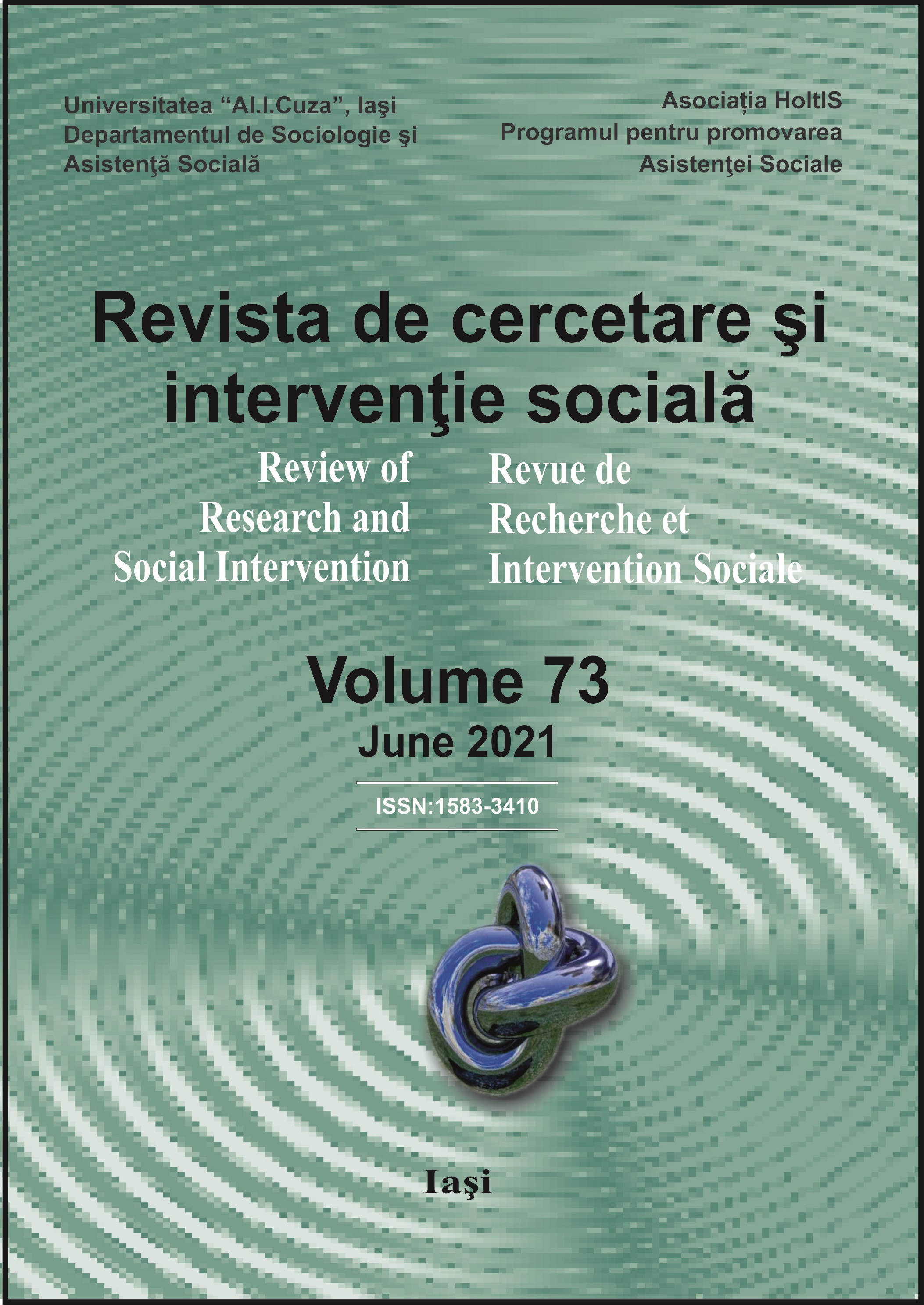A Study on the Relations among Work Pressure, Emotional Intelligence, and Subjective Well-Being of Kindergarten Teachers
A Study on the Relations among Work Pressure, Emotional Intelligence, and Subjective Well-Being of Kindergarten Teachers
Author(s): You LI, Han ZHANGSubject(s): Social Sciences, Education, Sociology, School education, Educational Psychology, Evaluation research, Sociology of Education
Published by: Expert Projects Publishing
Keywords: kindergarten; emotional intelligence; working pressure; subjective well-being; social awareness;
Summary/Abstract: The globalization development of the world allows the economic development presenting knowledge. Talent cultivation is similar to long-term investment that the importance cannot be neglected. Moreover, low birth rate in current society has each child being the treasure of the parents, who spoil the children with permissive parenting and do not realize the immaturity and low self-control of children in the preschool stage to result in children's deviant behaviors and teachers’ increasing workload and pressure. Aiming at kindergarten teachers in Jiangsu as the research objects, total 380 copies of questionnaire are distributed, and 277 valid copies are retrieved, with the retrieval rate 72%. The research results are summarized as below: Kindergarten teachers are general people who have emotion and cannot exercise forbearance for everything. For this reason, school organizations should be considerate of kindergarten teachers’ emotional labor problems, parents and the mass society should treat teachers’ work with objective perspective and putting themselves in the place. Using individual emotional intelligence to achieve personal emotional accommodation in the process is an important strategy for kindergarten teachers; In the cultivation process, kindergarten teachers stress on evaluating children's level, strength, and weakness for individualized instruction. Step-by-step design of learning content aims to emphasize the importance of rational evaluation. In this case, special education teachers with better emotional intelligence performance could well apply rational evaluation and emotional accommodation strategies, reduce working pressure, and enhance subjective well-being; Kindergarten organizations could properly support teachers with time flexibility to reduce kindergarten teachers dealing with class affairs or other problems with extra time. Cooperation among people would help deal with problems and promote individual positive affect. According to the research results, suggestions are eventually proposed, expecting to help kindergarten teachers present higher commitment and better effectiveness on the teaching performance to promote the overall education quality.
Journal: Revista de Cercetare şi Intervenţie Socială
- Issue Year: 2021
- Issue No: 73
- Page Range: 22-33
- Page Count: 12
- Language: English

